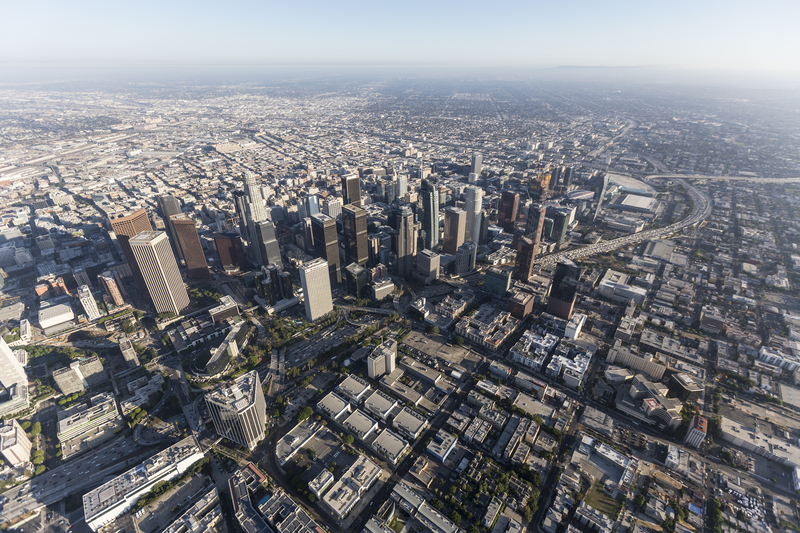
Mayor of Los Angeles Eric Garcetti has announced a partnership aimed at the development of passenger drones.
The mayor's office will work with LA Department of Transportation (LADoT), and Urban Movement Labs (UML) to educate residents on the introduction of low-noise, electric aircraft flying in LA's local airspace by 2023.
Garcetti says: “The Urban Air Mobility Partnership will make our city a force for cleaner skies, safer transportation, expanded prosperity, and stunning innovation, and provide a template for how other local governments can take this new technology to even greater heights.”
The strategy is expected to provide solutions to challenges surrounding public airspace and property rights.
UML and the city will lead an effort to develop a vertiport, a piece of LA's transportation network where people can go to fly on a UAM aircraft.
The one-year partnership will culminate in a policy toolkit that can be deployed by cities and counties across the US.
As part of the deal, UML is to work with consultant firm Estolano Advisors to hire an UAM fellow who will develop a public engagement strategy on how the technology will strengthen the economy.
The partnership is receiving financial support from Hyundai Motor.
Pamela Cohn, chief operating officer at Hyundai's UAM division, says: “This partnership sets a precedent for how diverse stakeholders can collaborate on a safe, community-centred approach to integrating aerial mobility technology into existing and new multimodal platforms.”
LADoT general manager Seleta Reynolds says: "Now more than ever, with so many suffering the impacts of a devastating pandemic, Los Angeles needs a resilient transportation network that can adapt to the needs of its communities with the flip of a switch. As we prepare to include UAM as a viable option for moving goods and people across our city, it is critical that we hear from stakeholders and design a system that works for all Angelenos."











